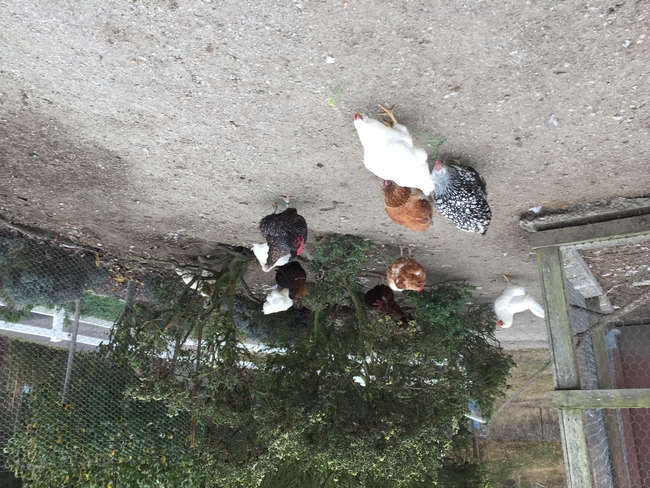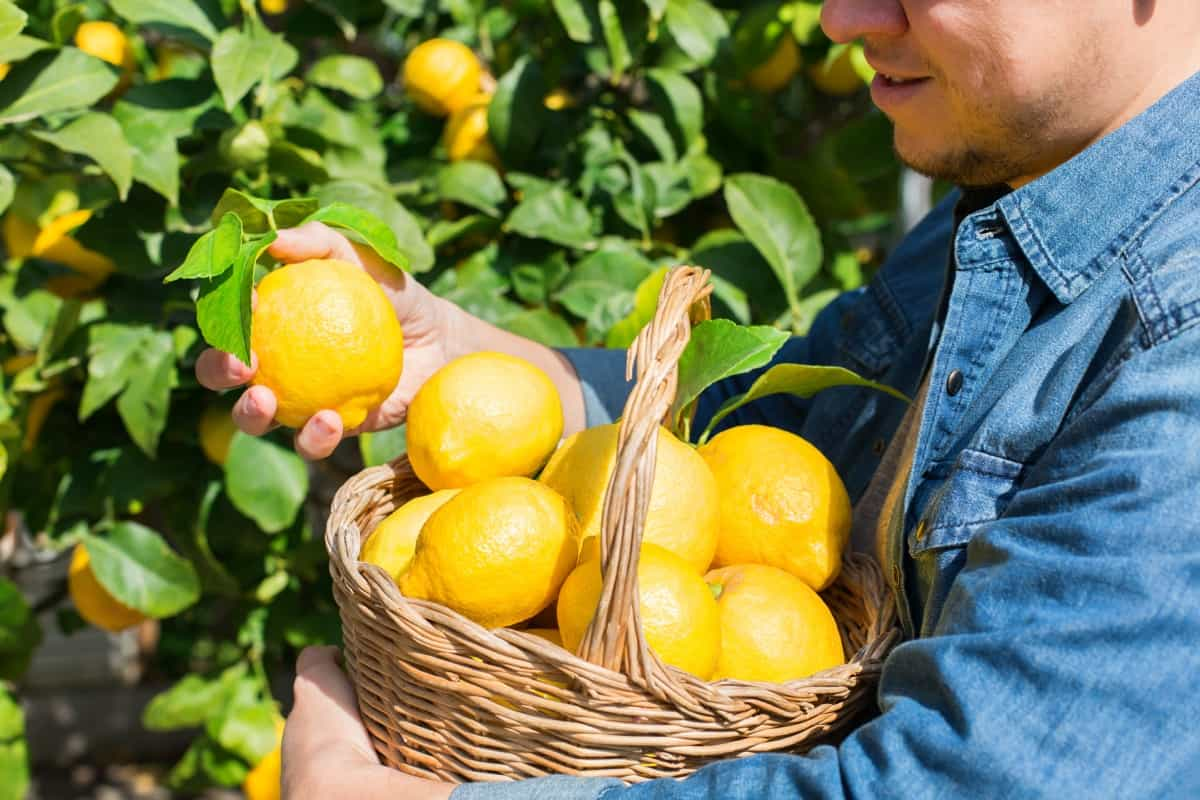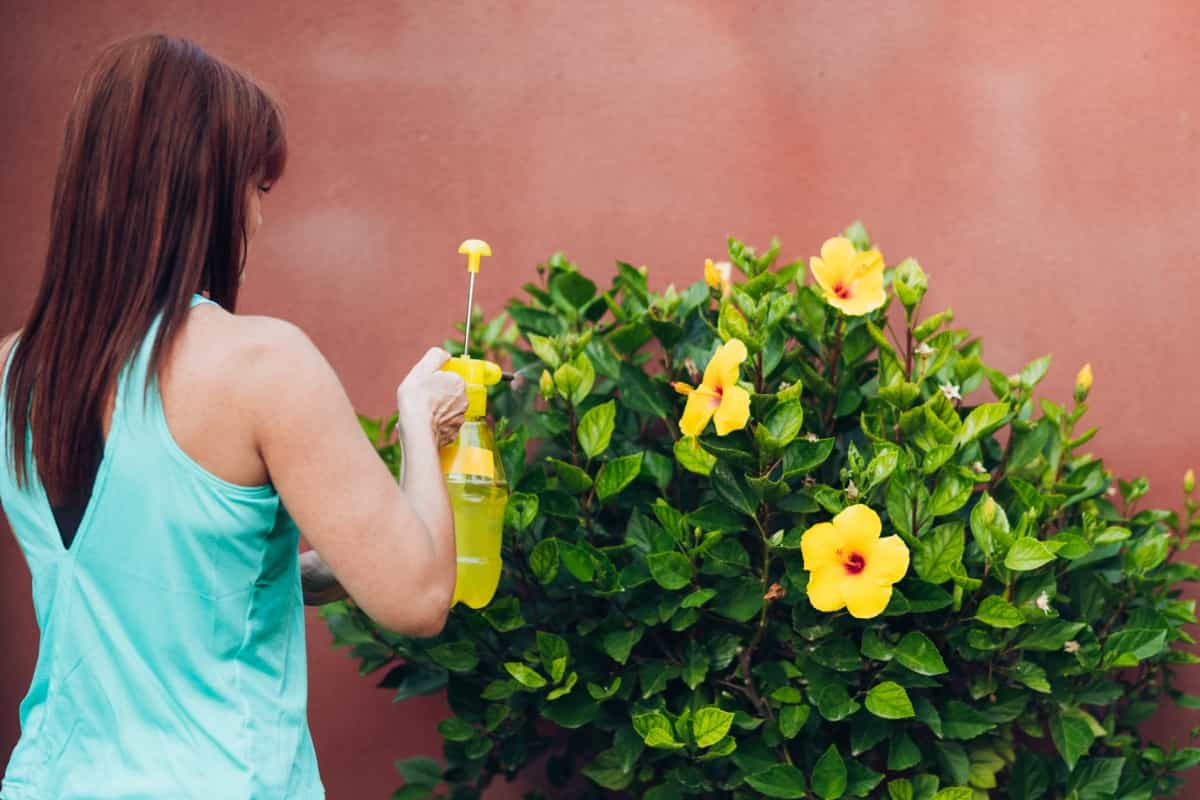Poultry owners urged to protect birds from bird flu virus
Poultry owners can protect birds against the bird flu virus by reducing exposure to waterfowl and other wild birds. Maurice Pitesky, poultry specialist at UCCE, suggests erecting fences and eliminating spilled feed and pools of water that can attract wild birds.
A strain of highly pathogenic avian influenza is currently infecting and killing wild and domestic birds in at least 29 states in the United States.
A UC Agriculture and Natural Resources poultry expert urges owners of commercial and backyard chickens to take precautions.
“When it comes to protecting your flock, there is no cure for HPAI, so the best thing to do is to focus on biosecurity,” said poultry specialist Maurice Pitesky at the UC Cooperative Extension at the UC Davis School of Veterinary Medicine.
"In order to protect our commercial and backyard chickens, it is essential for all of us who own poultry to do our part," he said.
The current bird flu outbreak is already considered the worst bird flu outbreak since the 2015 HPAI outbreak, when nearly 50 million poultry were euthanized or died.
The HPAI virus is spread by migrating birds and California is part of the Pacific Flyway.
"Waterfowl migrate thousands of kilometers between wintering and breeding sites and have long been known to be the natural reservoir of avian influenza viruses, which are associated with high mortality in poultry", Pitesky explained. "Many of these migrating ducks, geese and swans overwinter in the relatively warmer climate of California's Central Valley, among other places where they can find suitable habitat."
Pitesky recommends keeping chickens and other poultry from being exposed to waterfowl and other potential carriers of wild birds.
"At the most generic level, that means making sure your birds are separated from any wildlife," he said. “Whether you have a million bird farm or just a few backyard chickens, the message is the same: maintain the best possible biosecurity, which includes fencing, and make sure to reduce the reasons why waterfowl approaches your birds, such as spilled food and puddles.
“Our previous research has shown that waterfowl are attracted to wetlands and natural and man-made lagoons. So if you live near one of these habitat types, your biosecurity efforts are even more powerful. important.
The HPAI virus does not currently affect humans. Pitesky said it's important to recognize that bird flu viruses, like all viruses, can mutate or recombine to form new versions of viruses that can affect humans.
For more information on biosecurity and where HPAI has been identified in the United States, please visit the UC Cooperative Extension poultry website at https://ucanr.edu/sites /poultry/Resources_335/HPAI.
Poultry owners with questions can contact Pitesky at mepitesky@ucdavis.edu.


Poultry owners can protect birds against the bird flu virus by reducing exposure to waterfowl and other wild birds. Maurice Pitesky, poultry specialist at UCCE, suggests erecting fences and eliminating spilled feed and pools of water that can attract wild birds.
A strain of highly pathogenic avian influenza is currently infecting and killing wild and domestic birds in at least 29 states in the United States.
A UC Agriculture and Natural Resources poultry expert urges owners of commercial and backyard chickens to take precautions.
“When it comes to protecting your flock, there is no cure for HPAI, so the best thing to do is to focus on biosecurity,” said poultry specialist Maurice Pitesky at the UC Cooperative Extension at the UC Davis School of Veterinary Medicine.
"In order to protect our commercial and backyard chickens, it is essential for all of us who own poultry to do our part," he said.
The current bird flu outbreak is already considered the worst bird flu outbreak since the 2015 HPAI outbreak, when nearly 50 million poultry were euthanized or died.
The HPAI virus is spread by migrating birds and California is part of the Pacific Flyway.
"Waterfowl migrate thousands of kilometers between wintering and breeding sites and have long been known to be the natural reservoir of avian influenza viruses, which are associated with high mortality in poultry", Pitesky explained. "Many of these migrating ducks, geese and swans overwinter in the relatively warmer climate of California's Central Valley, among other places where they can find suitable habitat."
Pitesky recommends keeping chickens and other poultry from being exposed to waterfowl and other potential carriers of wild birds.
"At the most generic level, that means making sure your birds are separated from any wildlife," he said. “Whether you have a million bird farm or just a few backyard chickens, the message is the same: maintain the best possible biosecurity, which includes fencing, and make sure to reduce the reasons why waterfowl approaches your birds, such as spilled food and puddles.
“Our previous research has shown that waterfowl are attracted to wetlands and natural and man-made lagoons. So if you live near one of these habitat types, your biosecurity efforts are even more powerful. important.
The HPAI virus does not currently affect humans. Pitesky said it's important to recognize that bird flu viruses, like all viruses, can mutate or recombine to form new versions of viruses that can affect humans.
For more information on biosecurity and where HPAI has been identified in the United States, please visit the UC Cooperative Extension poultry website at https://ucanr.edu/sites /poultry/Resources_335/HPAI.
Poultry owners with questions can contact Pitesky at mepitesky@ucdavis.edu.
What's Your Reaction?















![Three of ID's top PR executives quit ad firm Powerhouse [EXCLUSIVE]](https://variety.com/wp-content/uploads/2023/02/ID-PR-Logo.jpg?#)







